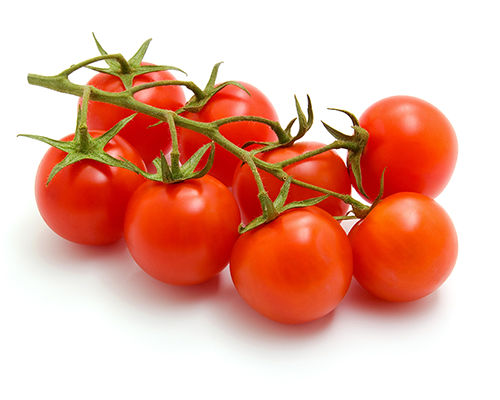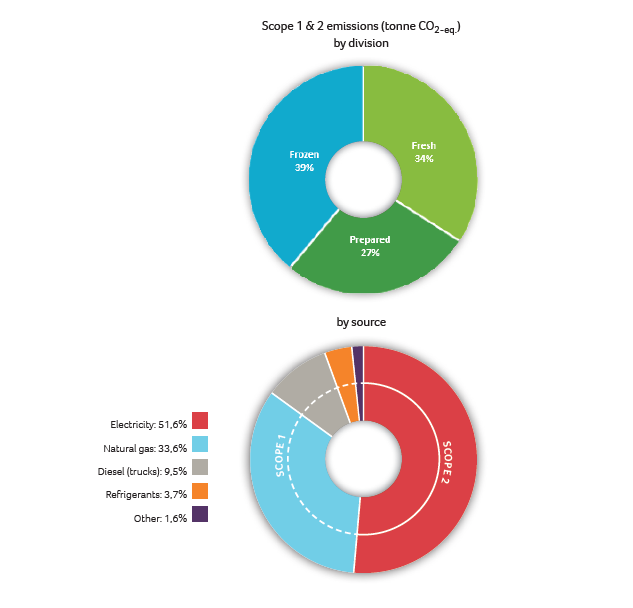

Our approach
Within our Sustainability Roadmap we introduced a new target for responsible sourcing by including medium risk countries in our ambition on certified growers. Greenyard sources more than 2.6 million tonnes of fruit and vegetables worldwide each year. 47% of our volumes originate from high and medium risk countries (Amfori BSCI classification), driven largely by overseas volumes from the Fresh division.
We only want to do business with suppliers who can vouch for their compliance with international and national employment legislation. We put extra focus on risk regions where we more explicitly expect certifications. We ask our suppliers to assure social compliance using assessment tools and certification schemes (e.g. GRASP, Rainforest Alliance, SA8000).
Our progress
Greenyard has the clear ambition to get 100% of its grower base in high and medium risk regions certified for social compliance in 2025. Last year we intensified this target by including medium risk countries in this KPI. Today about 77% of our growers based in these regions is certified. Fair Trade volumes represent what our customers demand us to source. They represent about 4% of Greenyard Fresh volumes and are in line with the market.

Building on the success of the Sustainability Initiative Fruit and Vegetables’ (SIFAV) first term, Greenyard increased its involvement as the partners launched their new collaborative sustainability strategy for 2025. Beyond social compliance, all partners committed to reduce the environmental footprint (carbon footprint, food waste and water usage) of priority products by 2025, while taking the first steps in improving living wages and income for farmers and implementing robust supply chain due diligence policies. During the reporting year, the basket of social standards was reviewed along with the list of risk countries.
An overview of ongoing supplier engagement activities in overseas origins (Africa, South America) were highlighted in last year’s sustainability report.
Future plans
We have introduced a new extended target in 2021 and are in the process of mapping all our growers in the added medium risk regions. Ahead of regulatory developments in terms of supplier due diligence, Greenyard introduced a Supplier Code of Conduct at group level highlighting our expectations towards suppliers in terms of environmental, social and governance matters. We are actively reviewing and formalising our due diligence policies in preparation of the German Lieferkettensorgfaltspflichtengesetzes and the future EU Directive on corporate sustainability due diligence. Within the framework of SIFAV a risk assessment methodology and online tool have been developed for the fruit and vegetables sector covering 18 risk domains. We have started to gradually implement the tool to assess and prioritise all our product flows, starting with the entities supplying the German market.